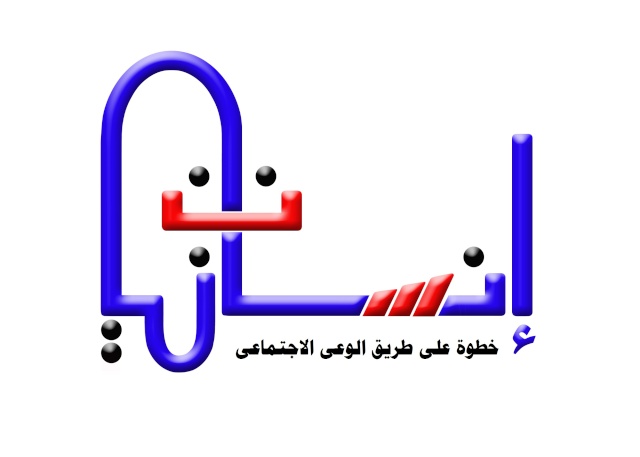د. فرغلى هارون
المدير العـام

 عدد الرسائل : 3278 عدد الرسائل : 3278
تاريخ التسجيل : 07/05/2008
 |  موضوع: Are Markets the Solution to Water Pollution? A Sociological Investigation of Water Quality, PhD موضوع: Are Markets the Solution to Water Pollution? A Sociological Investigation of Water Quality, PhD  24/11/2010, 11:18 pm 24/11/2010, 11:18 pm | |
|
Are Markets the Solution to Water Pollution?
A Sociological Investigation of Water Quality
Mariola, Matthew J.
Doctor of Philosophy, Ohio State University, Rural Sociology, 2009.
Kendra McSweeney PhD (Committee Member) Pages294p.AbstractThe management of environmental pollution has traditionally been accomplished via the regulatory power of the state, but more recently we have witnessed the rise of a new, market-based form of governance. Its most visible manifestation is the trading of pollution credits, in which one polluter purchases credits to offset its own pollution output at lower cost than actually remediating the pollution on-site. This form of commodification has rapidly expanded and now includes markets for greenhouse gas, wetlands, and surface water nutrient credits. I focus on water quality trading and its specific institutional form in which point source “end-of-pipe” dischargers purchase nutrient credits from nonpoint sources such as farmers. I argue that the best way to understand this complex form of environmental governance is through a Polanyian framework.
Polanyi's notion of a “double movement” illustrates the unique relationship between market and state that underlies water quality trading programs. While it seems that the commodification of water quality shifts market oversight from the state to the private sector, there is simultaneously a move towards increased participation by regulatory agencies to counter market uncertainties. I argue that such regulatory oversight is in fact required for the proper functioning of this market sector. I then conduct an extensive literature review of scholarly work on water quality trading and demonstrate that the literature consistently rests on a number of flawed assumptions, notably that the supply of water quality credits simply follows demand and that farmers behave as rational economic actors in regards to implementation of conservation practices. I argue that this understanding of water quality trading is hampered by the dismissal of social factors, particularly the social embeddedness of economic actors and the trust relations between them.
I use a telephone survey of participants in all active water quality trading programs nationwide as well as site visits to a subset of programs to test these competing bodies of scholarship. The basic question is, What accounts for differences in success rates both between and within trading programs? The use of a local, trusted, embedded intermediary as the link between programs and farmers emerges as the most important explanatory variable for program success. I further illustrate the specific causal mechanisms by which these embedded relationships result in more farmer participation. Finally I examine several negative social and environmental consequences that result from orienting a program towards a more free-market approach.
It appears doubtful that the desire for cost efficiencies on one hand and the need for embedded relations with farmers on the other can be resolved while expanding the market scope of water quality trading. The key may lie in reconfiguring the end goal of trading from cost-effective water quality improvement to the implementation of agricultural best management practices.
أدع لنا بالخير وها هو الرابط
2.13 MB PDF file
[ندعوك للتسجيل في المنتدى أو التعريف بنفسك لمعاينة هذا الرابط]
| |
|
